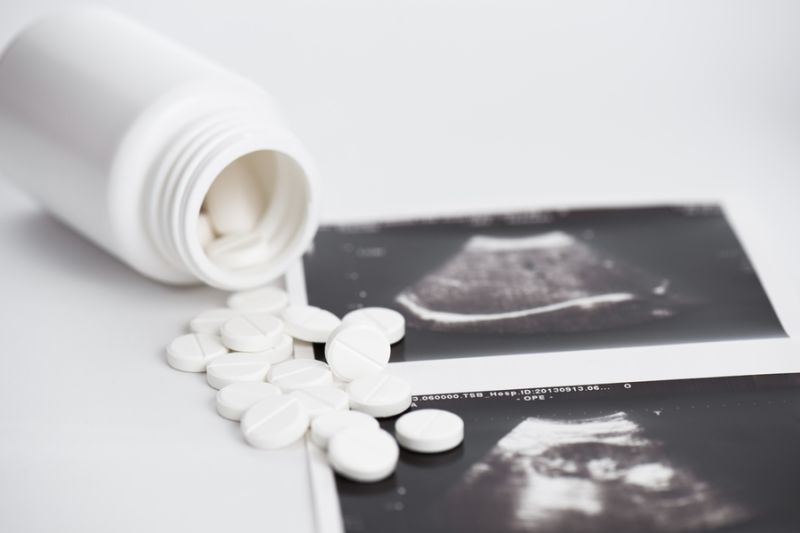 null / Ivanko80/Shutterstock
null / Ivanko80/Shutterstock
Washington D.C., Apr 25, 2023 / 15:20 pm (CNA).
Japan is now one step closer to legalizing an abortion pill despite some pushback from a small but dedicated pro-life movement protesting the government’s efforts.
A panel from Japan’s Ministry of Health, Labor, and Welfare voted to approve a pill that would allow mothers to kill their preborn children up to the ninth week of gestation. Currently, chemical abortions are not legally available in Japan. The pill now awaits final approval from the country’s health minister, who is expected to sign off on it.
The pill, developed by British pharmaceutical company Linepharma, combines two drugs: mifepristone and misoprostol. The drug combination, which is the most common way to induce a chemical abortion, has been approved in much of the Western world. Mifepristone first became available in Europe more than 30 years ago.
Although its use is also legal in the United States, with the exception of states that have explicitly banned or heavily restricted abortion, it is currently the subject of a lawsuit. The plaintiffs in the case have argued that the Food and Drug Administration improperly approved the drug, ignoring their own safety protocols.
In Japan, abortion is legal up to 21 weeks and six days of pregnancy, but only if a woman can cite a risk to her health or likely financial hardship if she were to give birth to her child. If a woman is married, she can only obtain an abortion if she has the consent of her husband.
Out of concern that access to an abortion pill would increase the number of abortions in Japan, some pro-life activists protested in front of the Ministry of Health, Labor, and Welfare, reported the Italian Catholic publication Servizio Informazione Religiosa. The leader of the protests, a 73-year-old man named Kazuo Sasaki, led daily rallies and went on a hunger strike to oppose the proposal.
Ligaya Acosta, the regional director of Asia and Oceania at Human Life International, told CNA that many pro-life advocates in Japan “find it difficult” to get involved in the legislative process and noted that the government receives “pressure” from international organizations to expand access to abortion.
“This [panel approval of the abortion pill] makes us very sad,” Acosta said.
Acosta stated that pro-life advocates are “able to open the eyes of so many people” in the country and “hopefully, slowly but surely, we are bringing back the culture of life in Japan.”
She said the government promoted abortion after World War II during a period of economic distress, but said Japan is now “a very rich country” and should “start rethinking about their positions” on abortion.
Hundreds of pro-life activists attend the annual March for Life in Tokyo, according to Acosta. The march occurs every year around the third Monday of July during the national Marine Day holiday. The next march is on Sunday, July 16. Acosta said organizers hope to increase the number of attendees this year.
Acosta added that family and life are “very important to the Japanese people” but that many women obtain abortions “without fully knowing what are the horrors of abortion.” She noted that “many of them are silent about … the post-abortion syndrome,” but “they start to open up” when it’s brought up to them.
“They are people who are very committed to promoting and defending life and family,” Acosta said. “The Japanese are very pro-life people, but most are silent.”
